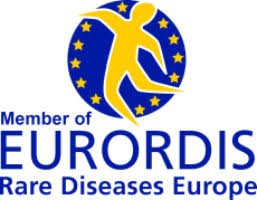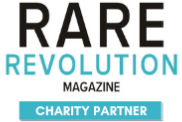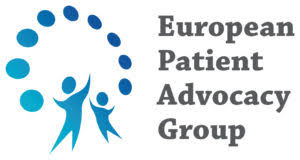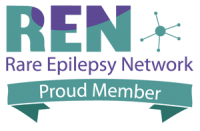On this page:
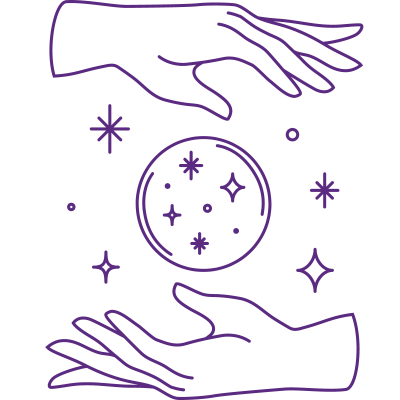
Prognosis – or can we predict how r(20) symptoms will change over time?
The simple answer...
We don’t really know how r(20) will affect someone as they get older. This is because there is limited data or research to refer to and there are very few people in the world with an r(20) diagnosis.
What can be done to change this?
Collecting information from people with an r(20) diagnosis can help us to map out their symptoms and how those symptoms change over time. If we look at data from many people, we may begin to see patterns emerging which will help doctors to predict what might happen to other people with r(20).
At Ring20 we have several initiatives either ongoing or planned to try to collect this information. Here we describe each study and how to get more information:
Patient Survey - Living with Ring Chromosome 20
A new international survey open to individuals or their parents/caregivers to capture the true lived experience from a patient family perspective.
NCARDRS - self registration service for patients in the UK
Doctors should register any child with diagnosed with a rare disease in England with the National Congenital and Rare Disease Registration Service (NCARDRS). However, registration only applies if the diagnosis is made before the child reaches 5 years of age – which is often too young for most people who receive and r(20) diagnosis. Ring20 have partnered with NCARDRS to launch a self-registration pilot, where families can register themselves with the service.
There are similar registration services across the UK, but these are currently disjointed and Ring20 have not approached these providers yet to discuss the possibilities of self registration.
- Congenital Anomaly Register and Information Service (CARIS) – Wales
- Congenital Conditions and Rare Diseases Registration and Information Service for Scotland (CARDRISS)
- Northern Ireland – to be confirmed
There may be other similar services in other countries but we are not able to list those.
Ring20 Natural History and Biomarker Study
This a planned study 100% funded by the Ring20 charity to record information from r(20) patient medical records alongside a set of cognitive and behaviour tests to map the course of this rare condition. We hope to be able to advise when this study will start in the coming months.
Ring20 Patient Registry
Ring20 hope to be able to establish a formal patient registry to record data about people with an r(20) diagnosis in a single database. This is work in progress to establish a suitable platform provider and funding to setup and maintain this reource.
A patient registry is essential to informing future research studies including finding new treatments or therapies.


